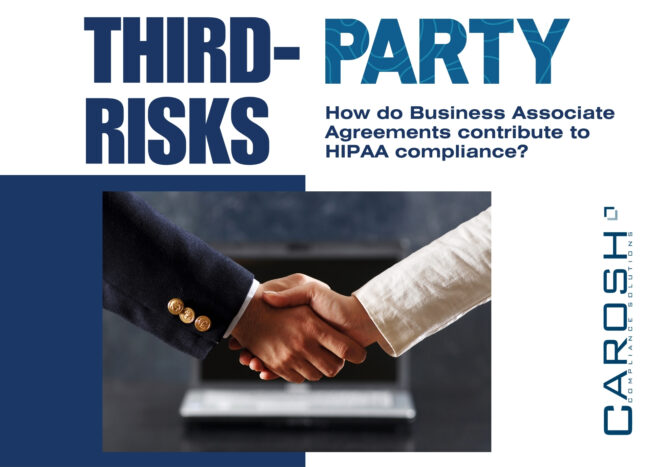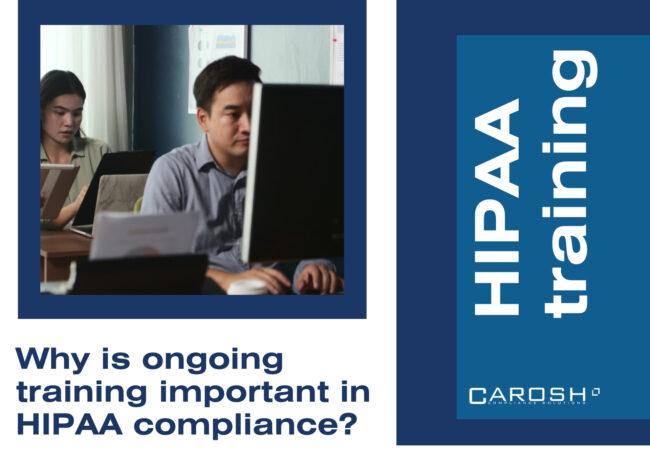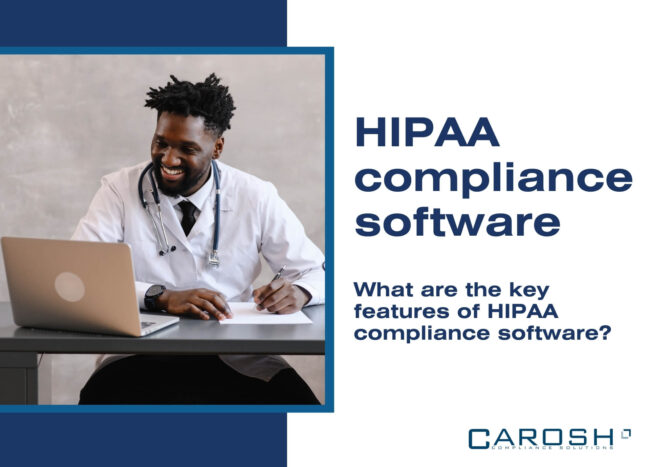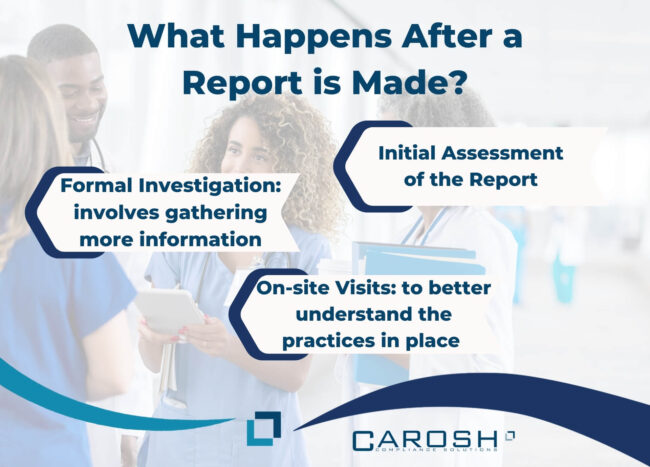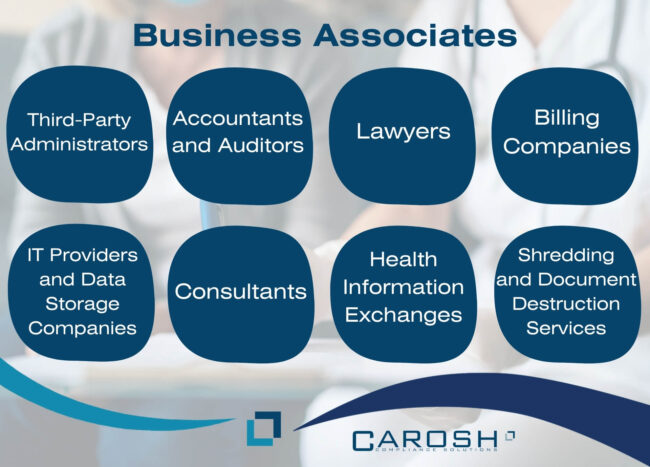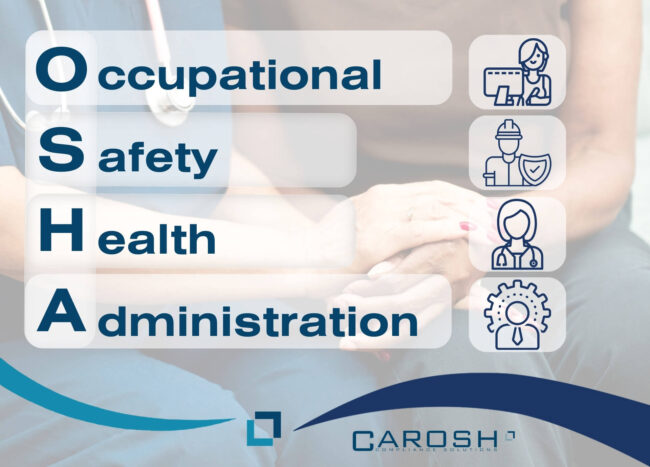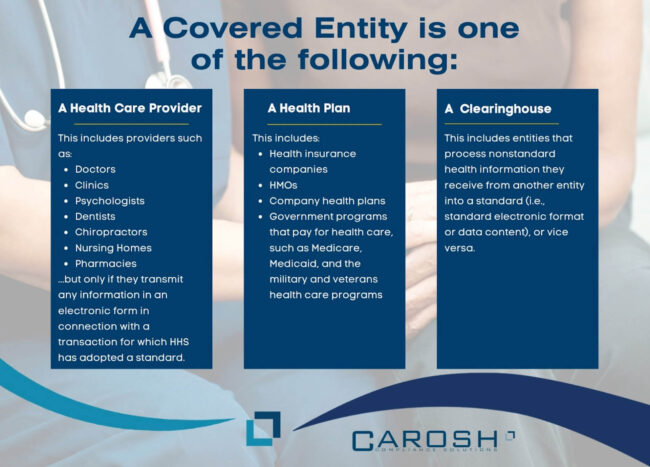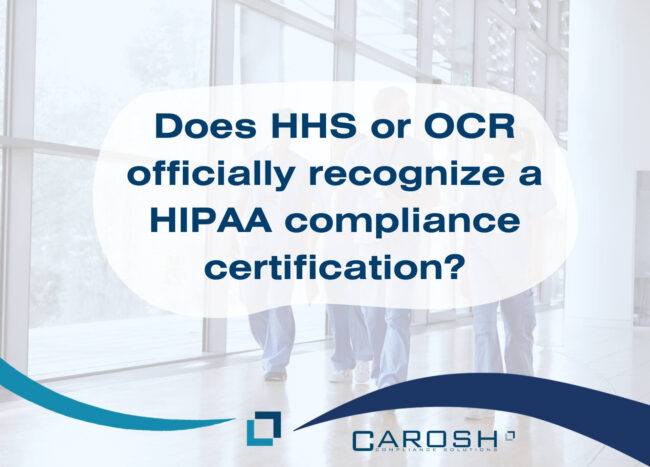Strategic Management of Third-Party Risks in HIPAA Compliance
In the intricate landscape of healthcare data protection, managing third-party risks under the Health Insurance Portability and Accountability Act (HIPAA) is a paramount concern for healthcare entities. Third parties, or business associates, play a crucial role in the healthcare ecosystem, often handling, transmitting, or storing Protected Health Information (PHI) on behalf of covered entities. This comprehensive guide delves into the multifaceted approach required to effectively manage these third-party risks. It covers the identification and assessment of business associates, the critical role of Business Associate Agreements (BAAs), continuous monitoring and management strategies, training and awareness initiatives, incident response planning, and the importance of a comprehensive vendor risk management program. Understanding and implementing these strategies are essential for maintaining HIPAA compliance and protecting patient information in today’s interconnected healthcare environment.
